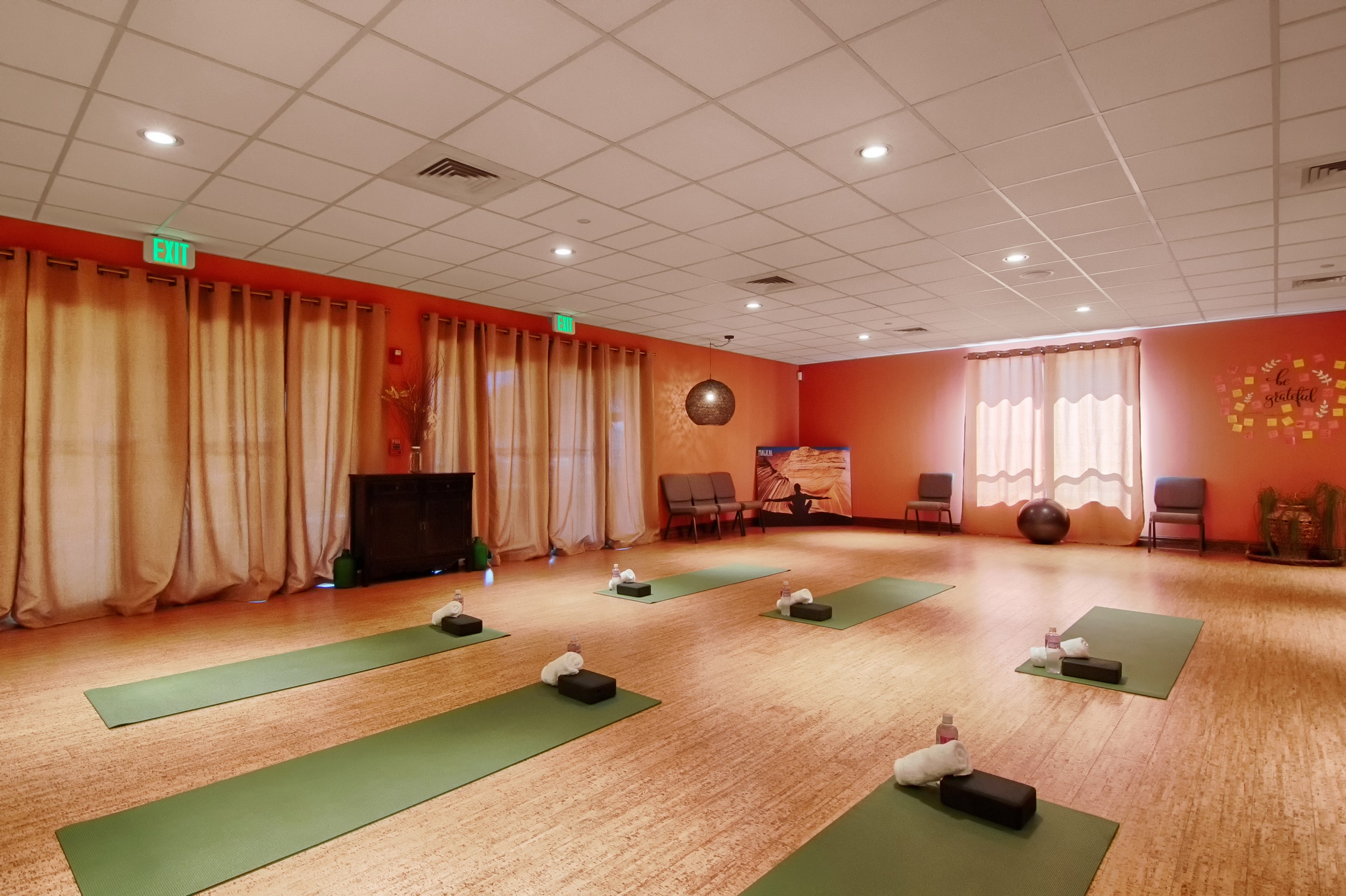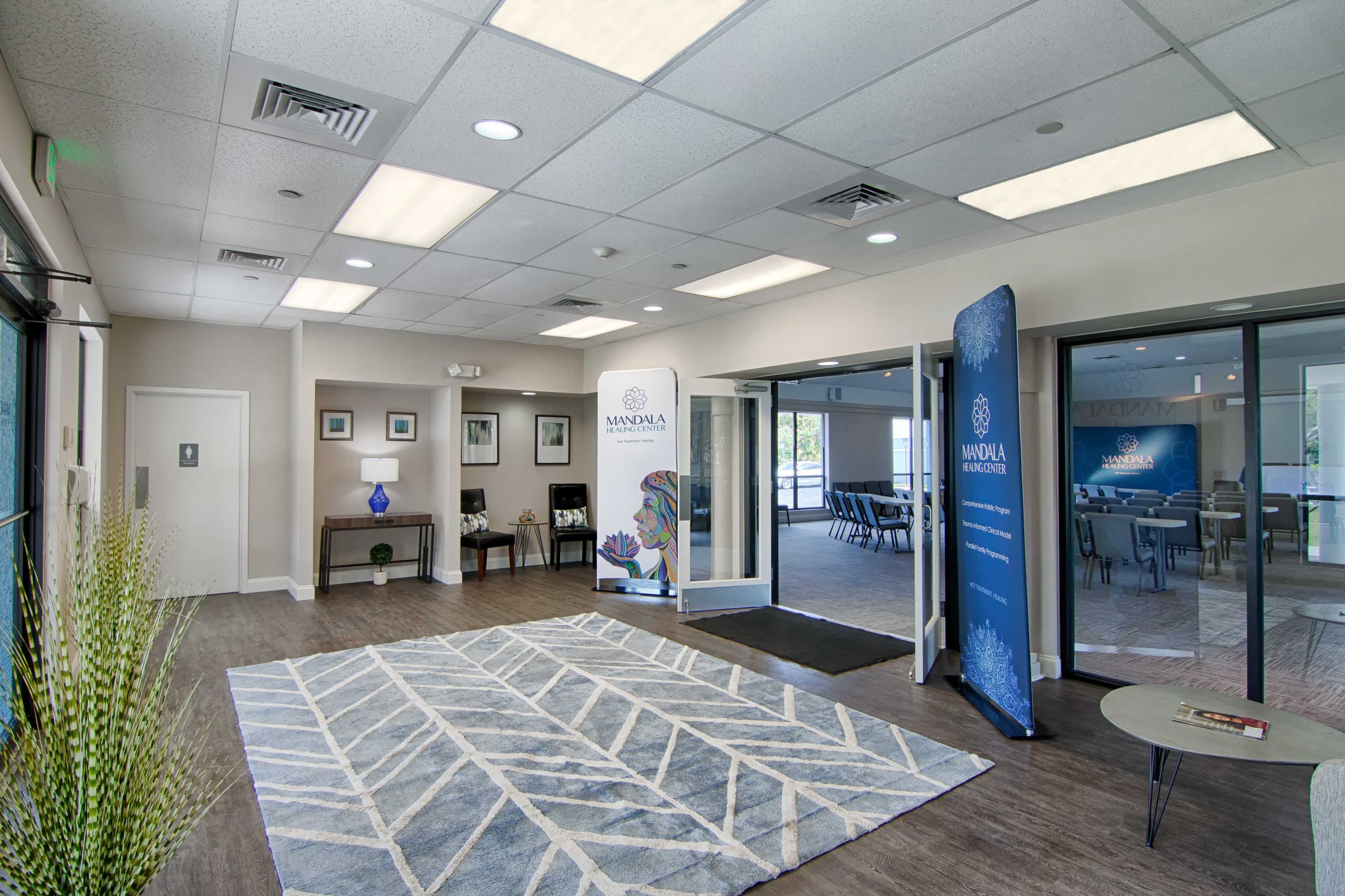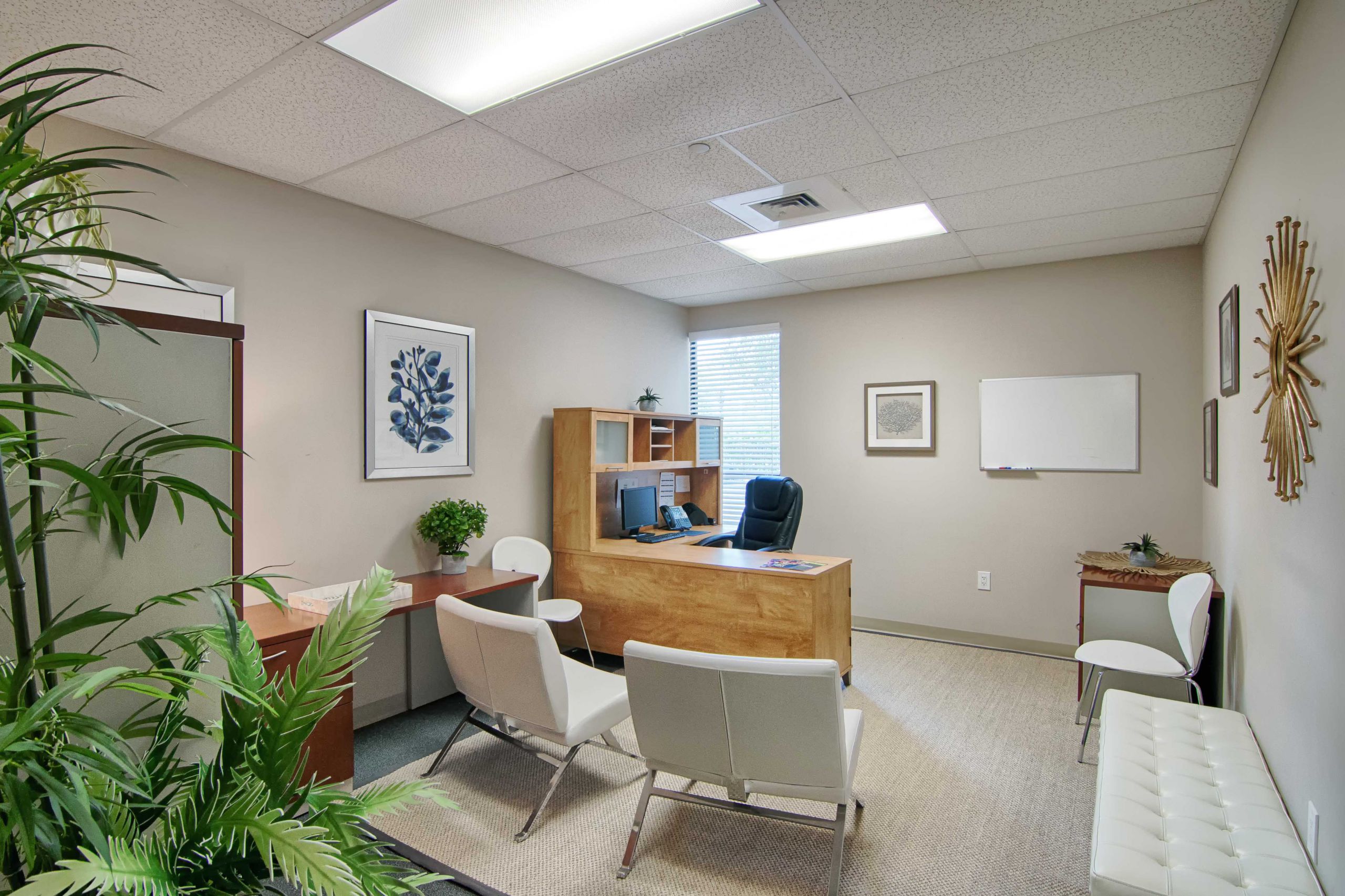Healing Through Meditation
Healing Through Meditation
Mindfulness meditation is a powerful tool for healing.
Mindfulness meditation is a powerful tool for healing and an important adjunct to recovery. Holistic healing starts with an intentional awareness of one’s surroundings. This conscious shift to living more in the present moment, versus ruminating on things from the past that cannot be changed, is invaluable to those recovering from a drug or alcohol addiction.
This ancient practice of redirecting the mind’s attention helps to counteract the anxiety and stress that can result when a patient who is committed to healing from the diseases of addiction is first beginning to adopt a healthier lifestyle. Although the shift from an addictive lifestyle to one of wellness is positive, it is not without stress and unique challenges.
The Purpose Of Meditation In Recovery
The addictive mind can often be stuck in a fearful mode. Sometimes, out of fear, the mind distorts reality and suggests that change may not be possible, or that things to be exposed during the healing process may be too painful to bear. The very qualities of temperament and character that a person in recovery once believed were too rigid to change can actually be modified greatly through meditation. The ongoing, deliberate practice of retraining one’s mind through mindfulness meditation actually creates new neural pathways and networks in the brain, decreasing stress responses and anxiety.
Mindfulness teaches the brain to regulate emotions, and as a result, the pulse lowers and breathing slows and deepens. It also heightens the ability to be reflective and creates a sense of well-being, spaciousness, optimism, creativity, curiosity, and possibility.
What To Expect
Each new patient is evaluated individually at the point of his or her particular phase of recovery. Many of our patients have never meditated before, so we provided a soothing and welcoming atmosphere to help everyone feel relaxed and comfortable.
A typical Mandala meditation session encompasses several common points:
- Settling the body into the quiet space
- Becoming more aware of the surrounding environment
- Breathing deeply and comfortably
- Checking in with each one of the body’s senses
- Shifting conscious awareness to the physical body
- Drawing even more mindful attention to each breath
- Allowing the mind to wander freely for a time
- Concluding the session by bringing one’s attention back to the surroundings


What Clients Think
Once Mandala patients try meditation a few times, most feel considerably less anxious and better able to respond to stressful stimuli in a calmer, more appropriate manner. Many also say they are finally able to sleep better at night. Finding a regular time to practice meditation on their own for just 10 minutes each day is something that most patients feel is very feasible once they return home and also highly beneficial. Individuals who continue practicing mindfulness meditation find they have an easier time regulating their emotions and find that it helps reduce cravings for mind-altering substances. The improved wellness that patients feel throughout the day helps to maximize their chances for long-term recovery.
Testimonials
Our Beautiful Recovery Facility
A serene healing environment provides a level of comfort and safety that influences a patient’s positive attitude and response to detox. Situated on a peaceful 8-acre campus in West Palm Beach, The Mandala Healing Center is a retreat-like sanctuary designed to allow individuals to focus completely on healing — body, mind, and spirit.









